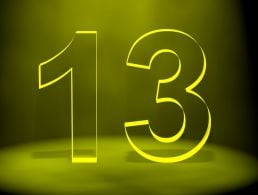As evinced by our Data Science week here at Siliconrepublic.com, data science is a booming industry. But how do you differentiate your business analysts from your data engineers?
As the world becomes increasingly digital and companies adopt more data-driven approaches to marketing, product design and even health, the market demand for skills in data analytics is extremely high.
Top companies are eagerly looking to hire data scientists across various roles, promising high salaries and ample opportunity for advancement. Understandably, increasing numbers of jobseekers in turn are interested in getting into the industry to reap these benefits.
Though there are a bevy of positions available, the process of applying for data science jobs can still be dizzying, frustrating even.
Despite the fact that there still isn’t a consensus on the definition of data science itself, the industry has already spawned numerous distinct job titles, each with its own set of required skills, talents and programming languages.
Luckily, the people at DataCamp have set out to clarify things with a handy infographic.
The infographic below outlines the key roles in data science and gives a comprehensive breakdown of what each one entails. DataCamp gathered data by looking at the numerous jobs listings for data science and using this to differentiate one from the other.
It explains the kind of mindset best-suited to each position, which skills and talents are necessary, and which programming languages one needs to know to succeed in each job as well as some of the exciting companies hiring in data science.
The average salary those in data science can expect, according to DataCamp, can fall between $60,000 and $120,000, with data analysts pulling in at the lower end, and data and analytics managers enjoying the highest salary.
Companies such as Google, Microsoft and Adobe often hire data scientists while Slack, Motorola and Coursera tend to seek out data and analytics managers.
To find out the difference between a data architect and a database administrator, check out the infographic below.
Image: DataCamp




